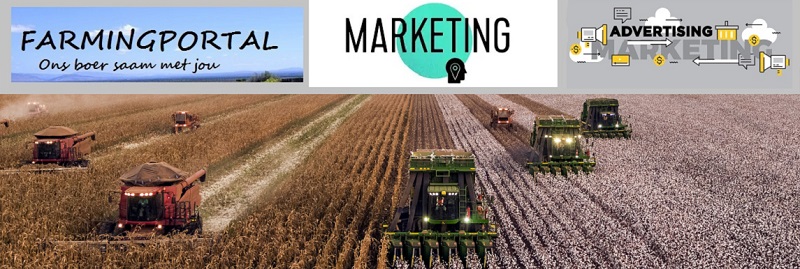That’s a takeaway from a major survey of climate scientists and food experts, who warn that global emissions from livestock must halve by the end of the decade to align with the Paris climate agreement.
Reducing the production and consumption of meat, dairy and other livestock products can potentially make significant contributions in the fight to limit global warming, according to a study led by Harvard University. High- and middle-income nations must make those changes at the fastest pace.
“There's really no way that it's business as usual for food systems,” Helen Harwatt, the lead author of the study, said in an interview.
Farming Is a Main Source of Methane
Livestock rearing, manure and rice output are the main emissions drivers
Sources: CCAC, UNEP, "Global Methane Assessment," 2021
From farm to fork, food systems account for about a third of all global greenhouse gas emissions, with livestock the biggest driver. Cattle and sheep burp out potent methane, excessive manure pollutes water and soil, while land is used or deforested for grazing and growing feed.
 Treating beef like coal would make a big dent in greenhouse-gas emissions
Treating beef like coal would make a big dent in greenhouse-gas emissions
The study, a survey of more than 200 climate scientists and agri-food experts, is a major attempt to determine how much and when the livestock reduction should contribute to climate goals, providing some clarity for policymakers.
So far, politicians in richer nations have typically shied away from policies aimed at influencing consumers to cut back on everyday items. Curbing excessive appetite for meat was mentioned in the first comprehensive plan — announced during the COP28 summit — to bring the agri-food sector into line with the Paris accord.
The report released this week makes an allowance for low-income nations, which would have more time to reduce emissions. The reductions must be done without worsening animal welfare or increasing the number of farmed animals by, for example, shifting consumption from beef to chicken. Global diets would need to be more plant-based, the researchers said.
North America Has Biggest Appetite for Meat
Annual per-capita supply available for consumption
Source: UN's FAO
2021 figures
The livestock industry has lagged behind other sectors in tracking its footprint, commitments and action. Policymakers have also been slow to recommend emissions-reductions targets for livestock, and measures like meat taxes and subsidy cuts have been politically controversial. Meat consumption in wealthy countries still exceeds recommended amounts, while alternatives have struggled to win over consumers due to their quality, taste and cost.
“We’re way behind schedule on this and technological solutions alone are inadequate,” Harwatt said. “Difficult decisions are inevitable – and well-designed policy, communicated effectively, is essential.”













